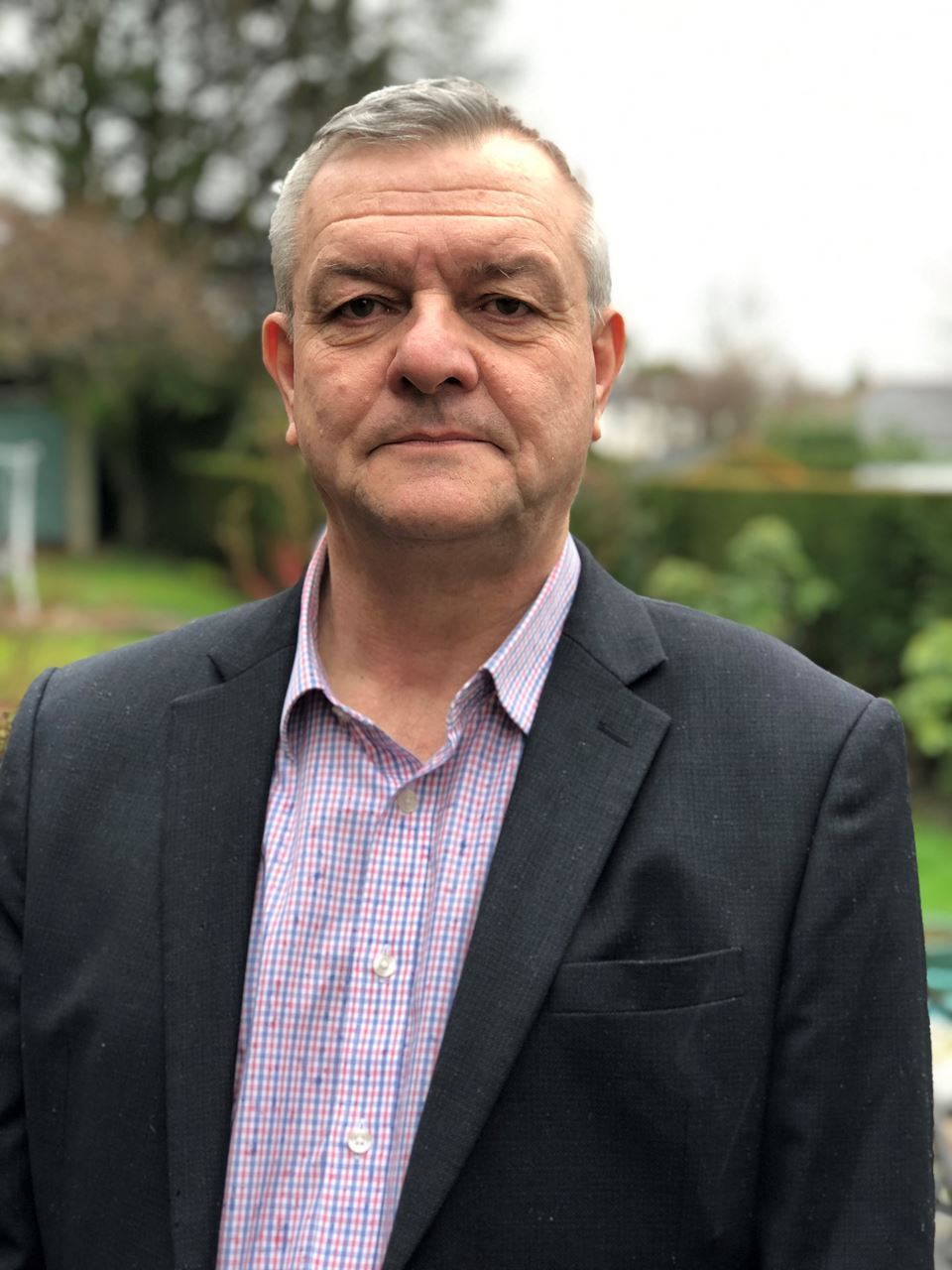|
Our Volunteers: Peter Stones (IEng MWeldI)
17 MARCH 2021
As an engineering institute, we are fortunate that we get to work closely with our incredible volunteers. Their support enables a skill share from our more experienced Members to others, whether that be through mentoring or interviewing Engineering Council registrant candidates. This hard work and commitment from our volunteers extends not only from before, when we could meet in person, but also to within difficult times, especially this past year where we have seen our volunteers and Branches step-up to the challenges facing us. We have hosted over 35 online events with nearly 2000 registrations globally in the past 6 months alone, and also seen the launch of our Technical Group Meetings being hosted online as webinars! We reached out to some of our Volunteer Members to discuss their voluntary roles with The Welding Institute and to also find out a bit more about them and their careers, with this case study focusing on Peter Stones (IEng MWeldI).
Peter (IEng MWeldI), has been a Member of The Welding Institute since 2014 and, during his time with us, has taken on various voluntary roles, supporting, developing and engaging with other Members. Peter discussed his career and experiences within the engineering industry, including his time with The Welding Institute:
 Education Background:
Education Background:
Peter completed his Bachelor of Engineering (BEng) with the University of Bradford.
Career Background:
Peter explained that he has spent, ‘10 years with Sandvik as Welding Products Global Product Manager leading a team of specialists,’ where he explained that his day-to-day responsibilities involved the handling of, ‘all technical enquiries, on site investigations and troubleshooting. Liaising with R&D to improve the product portfolio and deliver papers to conferences on the topics of stainless steel, duplex steels, nickel alloys, corrosion etc.’
He continued on to highlight that, during his time at Sandvik, ‘The welding business was bought by ESAB in 2018 and, after the transition, I am now part of the Specialty Alloys Team as Business Development Manager for Europe,’ adding that he now handles, ‘technical enquiries from the sales teams and customers, help the sales teams to identify customers for specific applications and assist them with visits and presentations.’ Peter continued, ‘I have written a series of training presentations on topics related to the portfolio and deliver them every month as a webinar where ESAB colleagues, customers, students are welcome to attend.’
Why did you choose a career in engineering?
An important question that we wanted to find out, especially due to its relevance to engaging with the next generation of engineers, was how and why Peter chose a career in engineering. Peter explained that, ‘the truth is that I won a sponsorship from a local company in Sheffield, which meant that I was on a salary before I started at University. It was on the agreement that I attended the specific degree course at Bradford University, which was a ‘sandwich’ course, meaning 6 months at university and 6 months at work for 4 years and a job at the end of it.’
About Volunteering with The Welding Institute
What are your current volunteer roles?
Peter’s voluntary roles with The Welding Institute vary, with him undertaking multiple different responsibilities and activities. This included speaking at various Branch events before the pandemic (specifically, the Sheffield Branch, of which he has been a committee Member for over 2 years) and Peter has continued this throughout the last year by delivering online webinars, including his popular talk, ‘Nickel Based Filler Metals,’ which has been repeated twice to a global audience with nearly 600 registrants! Additionally, Peter is also a Member of our Professional Board which is responsible for the regulations governing our individual Professional Membership and registration with the Engineering Council and also overlooks the work of our Branch Management Committee (find out more here).
On top of all of his incredible voluntary work, Peter is currently training to be a Professional Review Interviewer, assessing candidates for professional registration with the Engineering Council.
What are the benefits of Volunteering with The Welding Institute?
Reflecting on his choice to volunteer with The Welding Institute, Peter said, ‘my initial intentions were purely mercenary! I wanted to use the contacts to assist business growth; however, I enjoy the opportunity of meeting (even virtually), new people with a common interest and keeping updated about new technologies. Welding has been my career for the best part of 15 years and The Welding Institute has helped me open doors and made me more credible when talking to welding engineers. It is good to give something back, spread the word about how membership can help.’
What advice would you give to anyone considering, or even currently undertaking volunteer roles with The Welding Institute?
Concluding his case study about volunteering with The Welding Institute and the advice he would give to others, Peter said, ‘the Institute will only grow with the help of volunteers and you get back more than you put in.’
The Welding Institute would like to thank Peter, for not only all of the volunteer work that he does with us and for our Members, but for also taking time to work with us on this case study which will hopefully, in turn, resonate with some of our other Members, whether they are currently undertaking volunteer roles, considering undertaking a volunteer role or are even newly starting out their career within engineering and are looking at how we can support their needs and early career progression.
We hope that this case study communicates one of our key membership benefits and also, as highlighted by Peter within this interview, encourage others to share their skills and knowledge with other Members.
